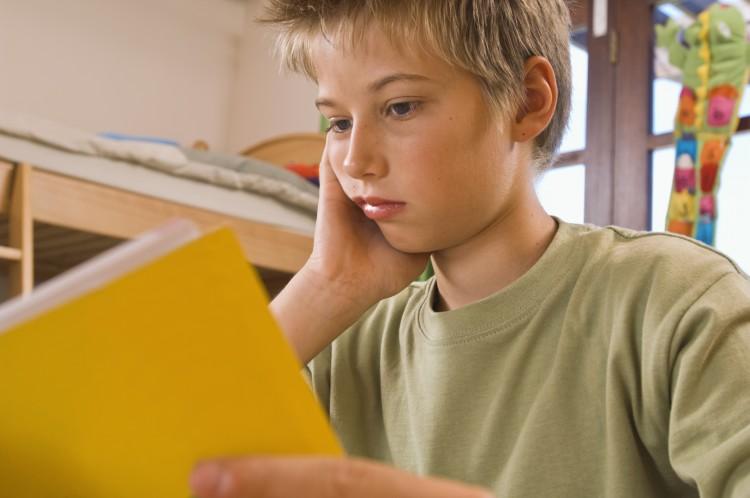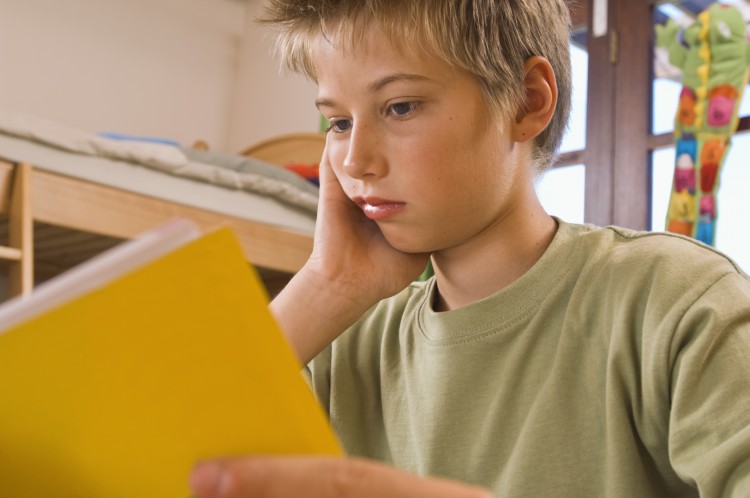Compared to the rest of the world, Canadian students are performing well in reading, and parents and teachers are successful in creating an environment both at home and in school that promotes good reading skills, according to a new international study.
The 2011 Progress in International Reading Literacy Study (PIRLS) compiled by the International Association for the Evaluation of Educational Achievement (IEA), found that Canadian grade 4 students perform well in reading, achieving an overall score of 548, well above the international average of 500.






